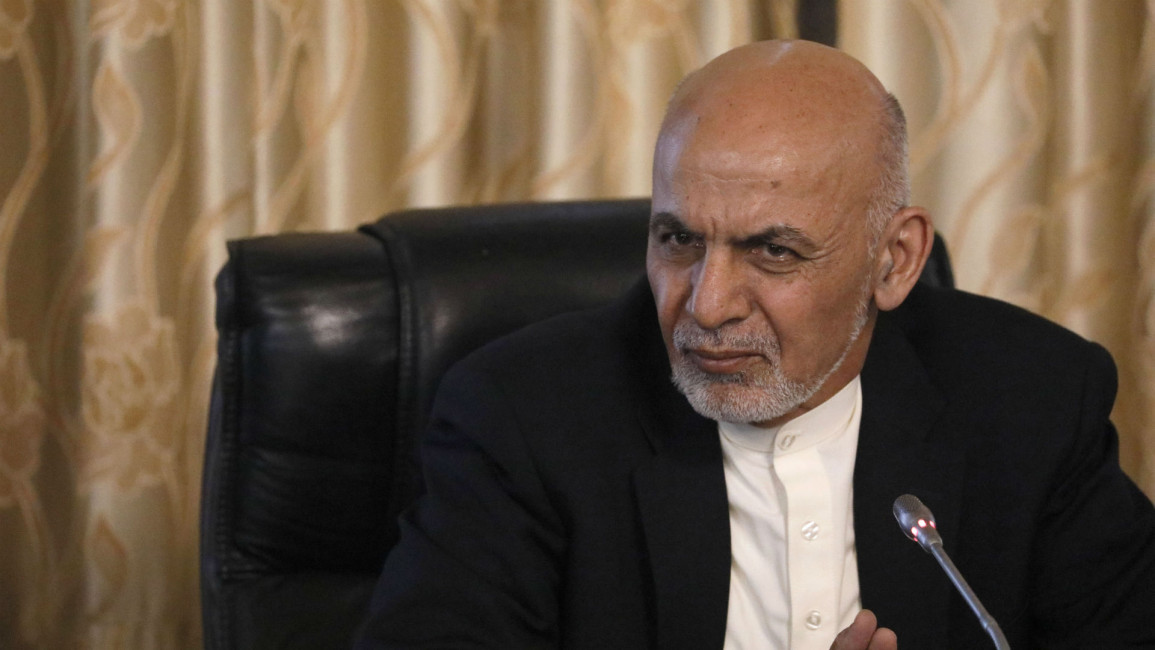Afghan government fires election commission as controversial presidential vote looms
President Ashraf Ghani is among the candidates for president in an election that was to be held in April but was postponed because of the overwhelming number of complaints about the chaos that surrounded October's elections for Parliament.
A terse four-sentence statement from Ghani's administration said both the Independent Election Commission and its complaints commission were fired. It did not offer reasons but Ghani gave political parties and civil society representatives one week to nominate candidates to a new commission.
Last October's parliamentary polls, which were held three years late, were marred by widespread chaos. Polling stations opened hours late and some did not open at all. Workers trained in the use of a biometric identification system, aimed at curbing fraud, did not show up.
Ghani has promised presidential polls will be held in July, but ongoing negotiations to end Afghanistan's 17-year war have included suggestions that an interim government would initially be formed while a "roadmap" for Afghanistan's future is hammered out by the many stakeholders, including the insurgent Taliban, involved in the peace talks.
Washington's special peace envoy Zalmay Khalilzad has also said that presidential elections in July could complicate efforts to find an eventual end to the protracted conflict.
Even Ghani's political opposition, including rival presidential candidates, have entertained the suggestion of delayed presidential polls.
Ghani's peace envoy Omar Daudzai, however, said Ghani is not prepared to negotiate on a July presidential election date. Until now, the Taliban have refused direct talks with Ghani, while holding meetings with his political opposition.
Afghanistan's 2014 presidential polls that put Ghani in power were so deeply marred by allegations of widespread corruption that the United States stepped in to broker a so-called Unity government that gave Ghani the presidency and his rival, Abdullah Abdullah, a position of equal power with the title of chief executive.


![President Pezeshkian has denounced Israel's attacks on Lebanon [Getty]](/sites/default/files/styles/image_684x385/public/2173482924.jpeg?h=a5f2f23a&itok=q3evVtko)



 Follow the Middle East's top stories in English at The New Arab on Google News
Follow the Middle East's top stories in English at The New Arab on Google News


